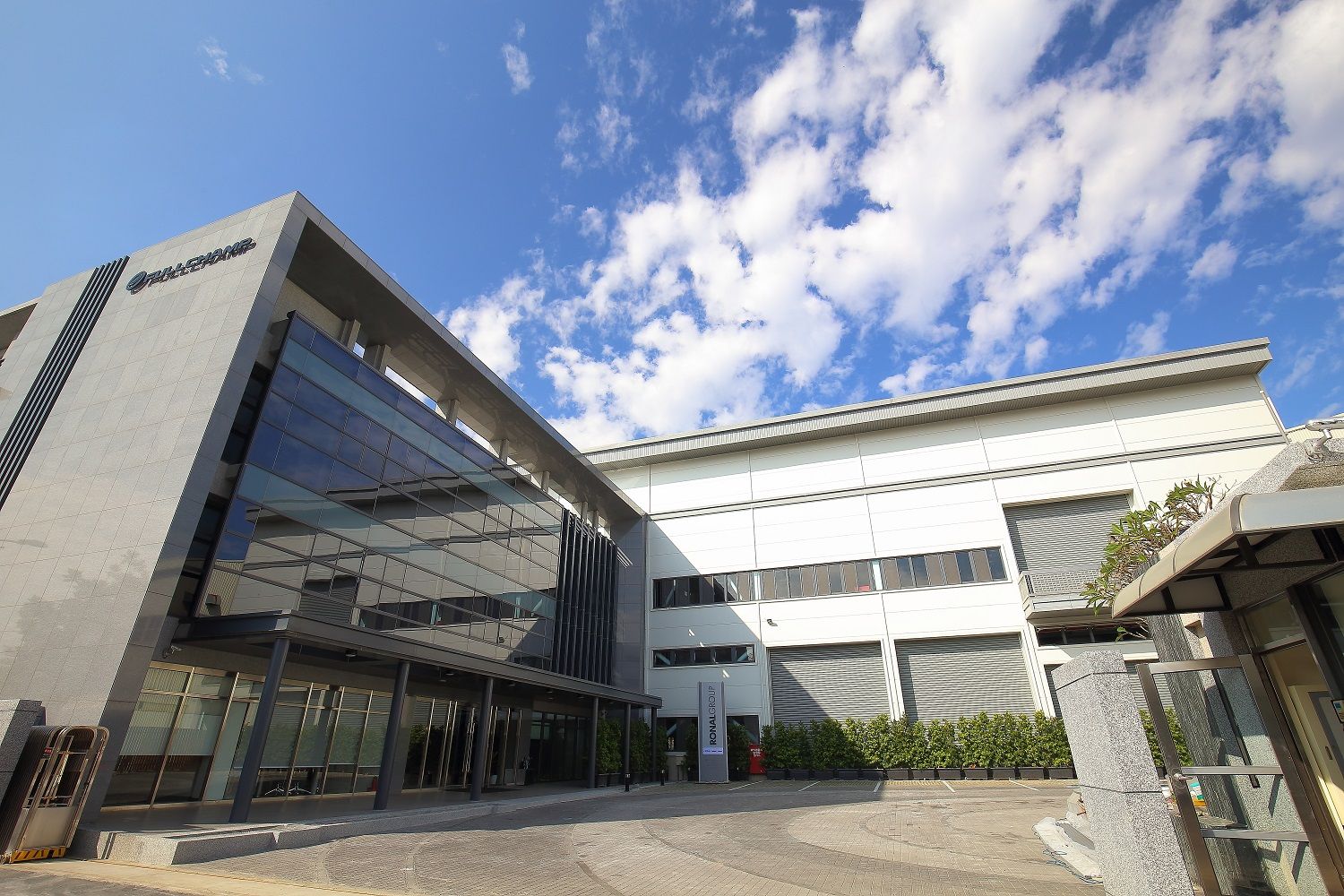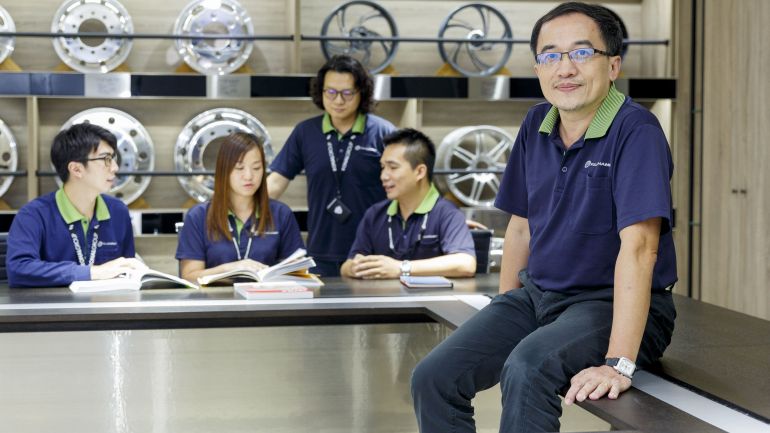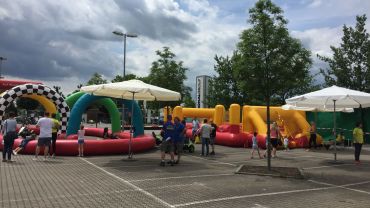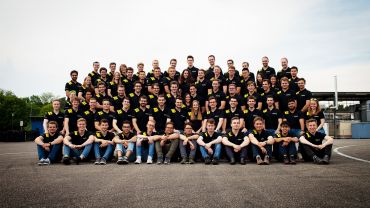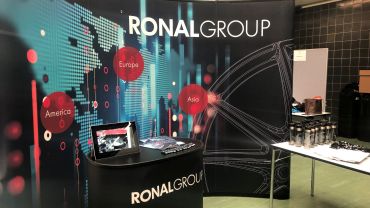Y.S., who founded Fullchamp and why?
Fullchamp (FCT) was founded in 2002 by Long-Yi Wei, the pioneer of forging technology in Asia. FCT technology originates from the aerospace industry. At the time, trends were moving toward weight lightening for planes and vehicles. Forging leads to lighter products with higher strength. The production of large forged wheels for heavy trucks started in 2005. In 2007, we started to supply commercial vehicle OEMs in the US, thus becoming an important supplier of forged wheels.
Tell us more about the background to the 2012 takeover by the RONAL GROUP. What was it like to become part of the RONAL GROUP?
Fullchamp was acquired by Europe’s largest wheel manufacturer, the RONAL GROUP, in 2012 because FCT has a great deal of experience in the forged wheel technology and is specialized in forged truck wheels, passenger car wheels and motorcycle wheels. The RONAL GROUP understood the importance of Asia and therefore, Fullchamp became the group’s first and only main administration and production center in Asia. Fullchamp has been focusing on forged technology for over ten years and was also the pioneer in this region. As a result of the merger, FCT entered the European automobile market on a larger scale. FCT has learned to blend RONAL’s management style and quality control into its local culture and has combined all this with its own techniques to achieve higher performance, as well as the corporate value of social responsibility.
How many employees do you have? Are they mainly from Taiwan or are they from other countries as well? What are their main competences?
We have approximately 250 employees. Some 75% are from Taiwan, working in most aspects of the company. A quarter are from Thailand, working mainly as equipment operators. Their main competences and skills are know-how and experience in forging production, and high levels of responsibility and team consciousness.
What is it like working with colleagues from Europe? Do you see cultural differences and similarities?
Working with Europeans is interesting and provides opportunities for us to learn about different values, working styles and new approaches regarding problem solving. At the beginning, people from different backgrounds need some time to get familiar with each other, but then the teamwork gradually become smoother. Cultural differences do exist; for instance, Europeans tend to express their intentions and opinions directly, while Asians, like the Taiwanese, would think deeply before speaking out. But there are also similarities. What we have in common is dedication to completing work tasks, passion and the ambition to provide excellent products and services. That’s also one of the reasons why the merger took place.
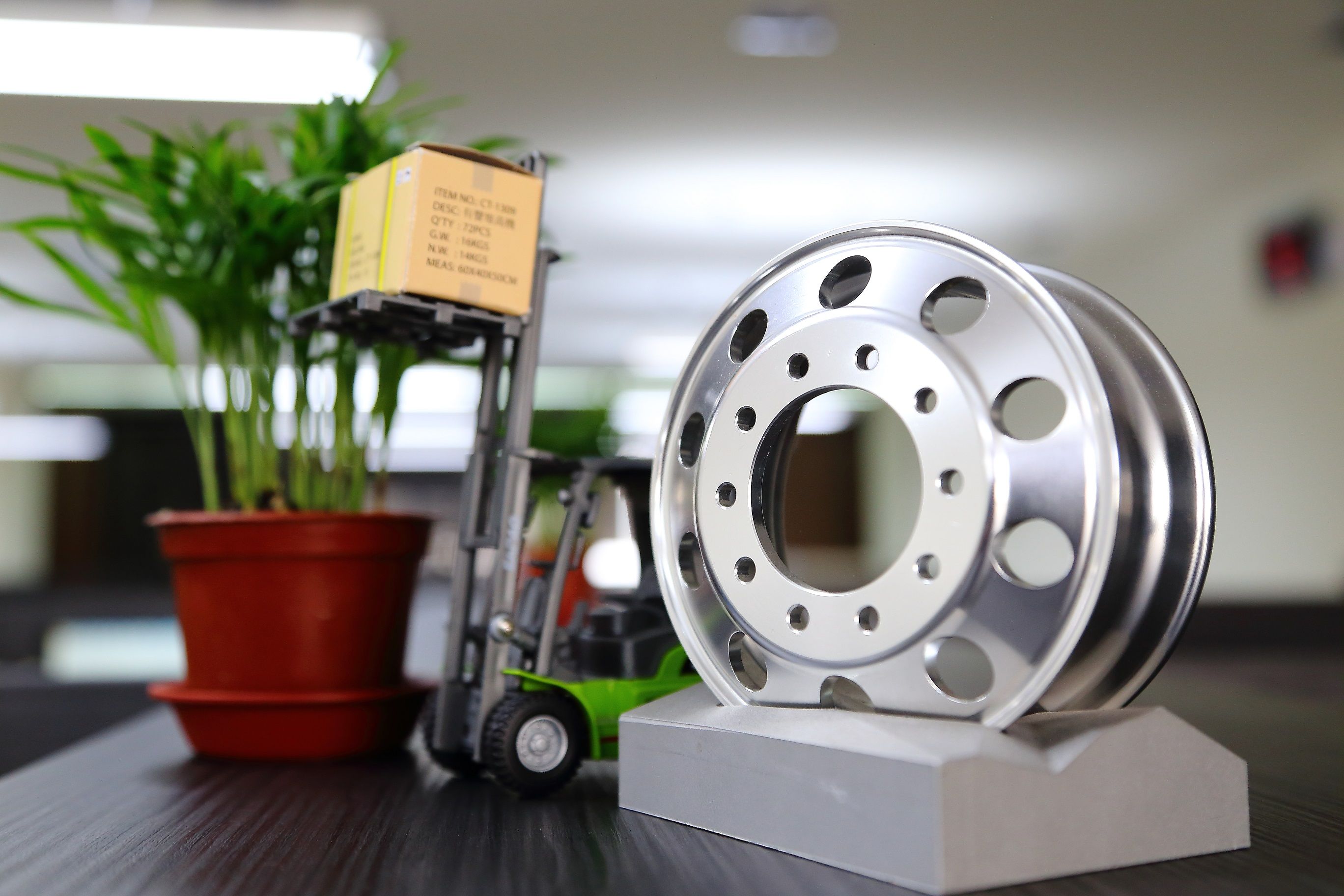
What is so special about forged wheels compared to “regular” alloy wheels?
Forged wheel products comply with the market trend of high-end wheel needs. FCT forged alloy wheels provide lower weight, higher load and therefore better performance. Our forged wheels are advanced in terms of the strength of their mechanical properties, because their molecular structure does not change during the forging process.
Furthermore, Fullchamp possesses technologies that are at the same level as aerospace transport, with its exclusive formula for materials, forged die designed as a result of special engineering methods, and meticulously examined heat treatment manufacturing processes. Therefore, the strength of the material is more enhanced.
Why did you specialize in forged wheels for commercial vehicles for the RONAL GROUP? Are there differences in producing forged wheels for passenger cars and commercial vehicles? What are the challenges?
Forging has bigger technical advantages for CV (commercial vehicle) than for PV (passenger vehicle) production. CV focuses on strength of mechanical properties and load weight, while PV focuses on profile style or speed performance. There is also a difference in forged wheel production: CV focuses on forging, flow forming and heat treatment, whereas PV focuses on turning and milling. Stress analysis is crucial when it comes to production engineering for CV, which also affects production efficiency. FCT has invested human and equipment resources in this aspect to ensure excellent performance.
Tell us more about your testing center. What do you do there?
Lab testing is part of product design. The testing environment consists of simulated road conditions and conforms to the highest standards, such as TUV. With design and verification, the competence of R&D is enhanced. We have different test types and certifications. The lab is certified by TUV Germany and JWL/VIA Japan, and test types such as radial fatigue, cornering fatigue, tensile tests, metallographic tests, impact force, and other tests can be undertaken to examine the safety of our products.
